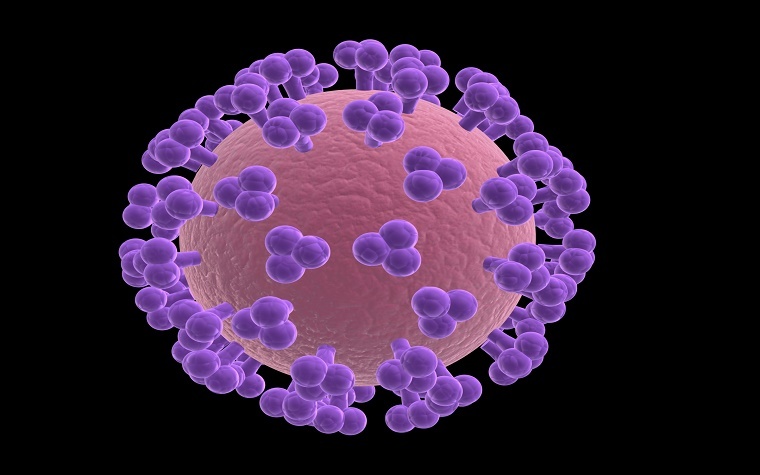
Through a study conducted by researchers at University of New South Wales (UNSW) Australia and the University of Oxford, scientists have the capability to better predict how fast the HIV virus will reappear in a patient after treatment is halted.
Results of the study were recently published in the journal Nature Communications. The study indicated that while existing antiretroviral therapy (ART) stems the HIV virus from reproducing, it does not eradicate the virus. The study also uncovered new information about the processes that maintain viral persistence in the body.
The study was headed by Oxford researcher John Frater, whose team retrospectively analyzed data from a randomized study of patients with primary HIV infection. It compared the T-cells of 154 patients in Europe, Brazil and Australia who had their ART treatment stopped after 12 or 48 weeks. This allowed the team to comprise a list of 18 immune system biomarkers, and it was found that three of them -- PD-1,Tim-3 and Lag-3 -- were "significant predictors of when the virus would rebound."
Also working on the study was UNSW Dean of Medicine Rodney Phillips.
"The study will never be able to be replicated again and it has provided us with a once-in-a-lifetime opportunity to look at the causes of viral rebound in this particular group of patients with HIV," Phillips said."Focusing on the exhaustion markers was an important step as it has given us vital clues as to why some people are able to better control the virus after therapy has been interrupted."
UNSW Kirby Institute Professor Anthony Kelleher, one of the study's co-authors, agreed.
"We want to be able to predict how the virus will behave before we take patients off ART to test drug therapies aimed at eradicating HIV," he said.